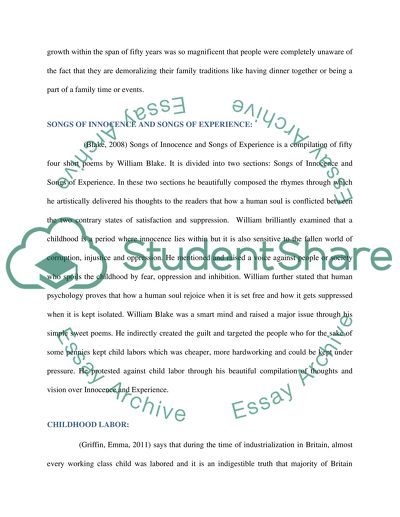Cite this document
(“How industrialization changed family life (1900s-1950s era) Research Paper”, n.d.)
Retrieved from https://studentshare.org/history/1438459-how-industrialization-changed-family-life
Retrieved from https://studentshare.org/history/1438459-how-industrialization-changed-family-life
(How Industrialization Changed Family Life (1900s-1950s Era) Research Paper)
https://studentshare.org/history/1438459-how-industrialization-changed-family-life.
https://studentshare.org/history/1438459-how-industrialization-changed-family-life.
“How Industrialization Changed Family Life (1900s-1950s Era) Research Paper”, n.d. https://studentshare.org/history/1438459-how-industrialization-changed-family-life.


